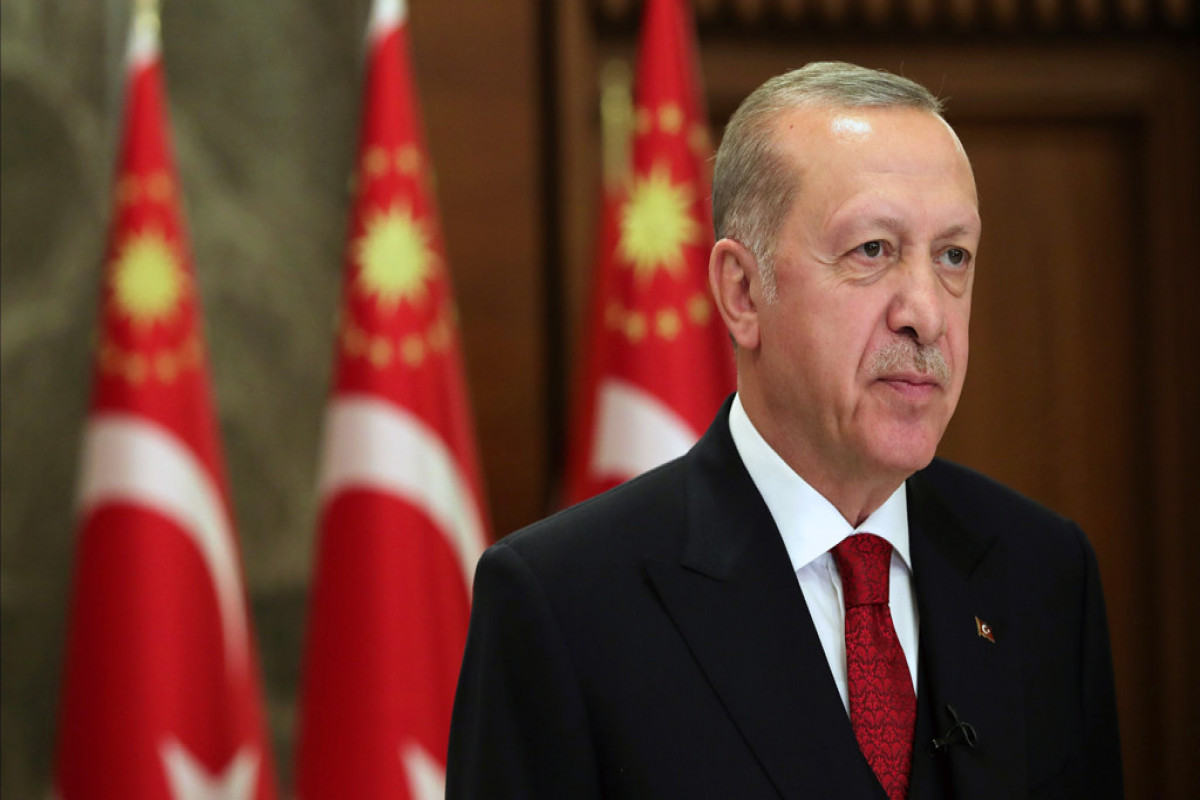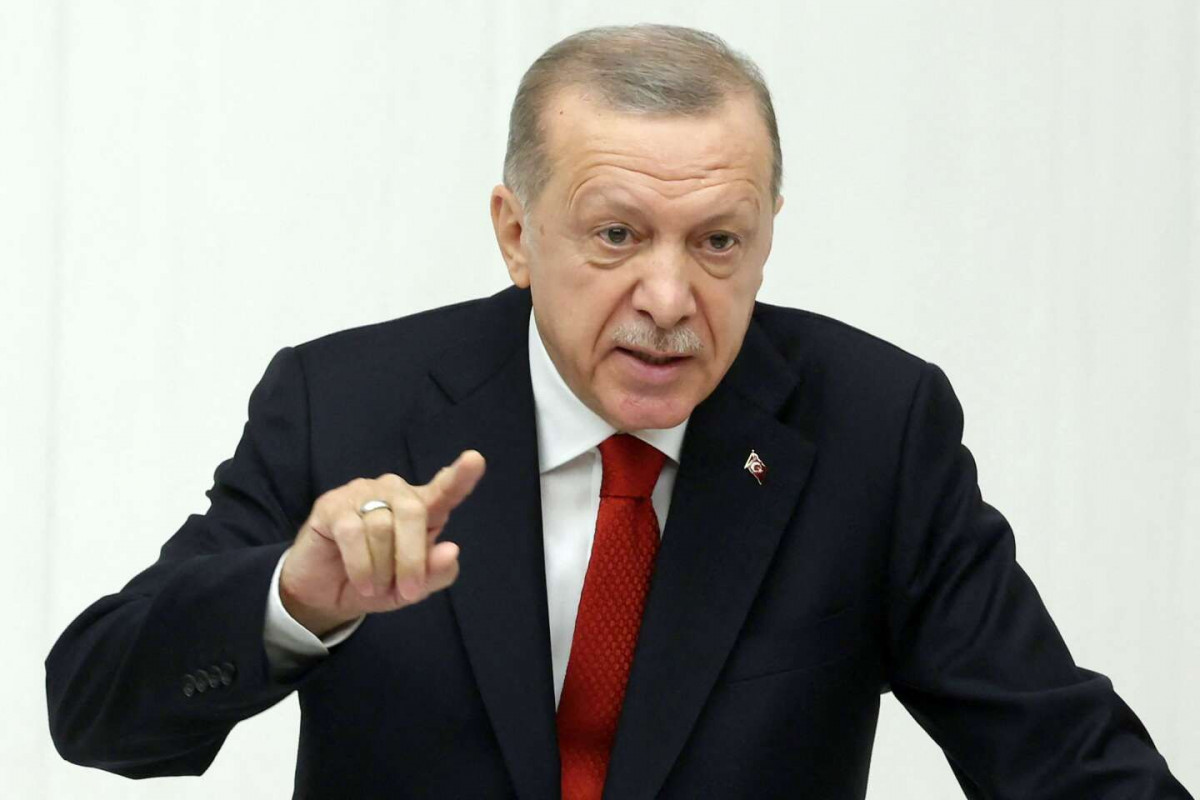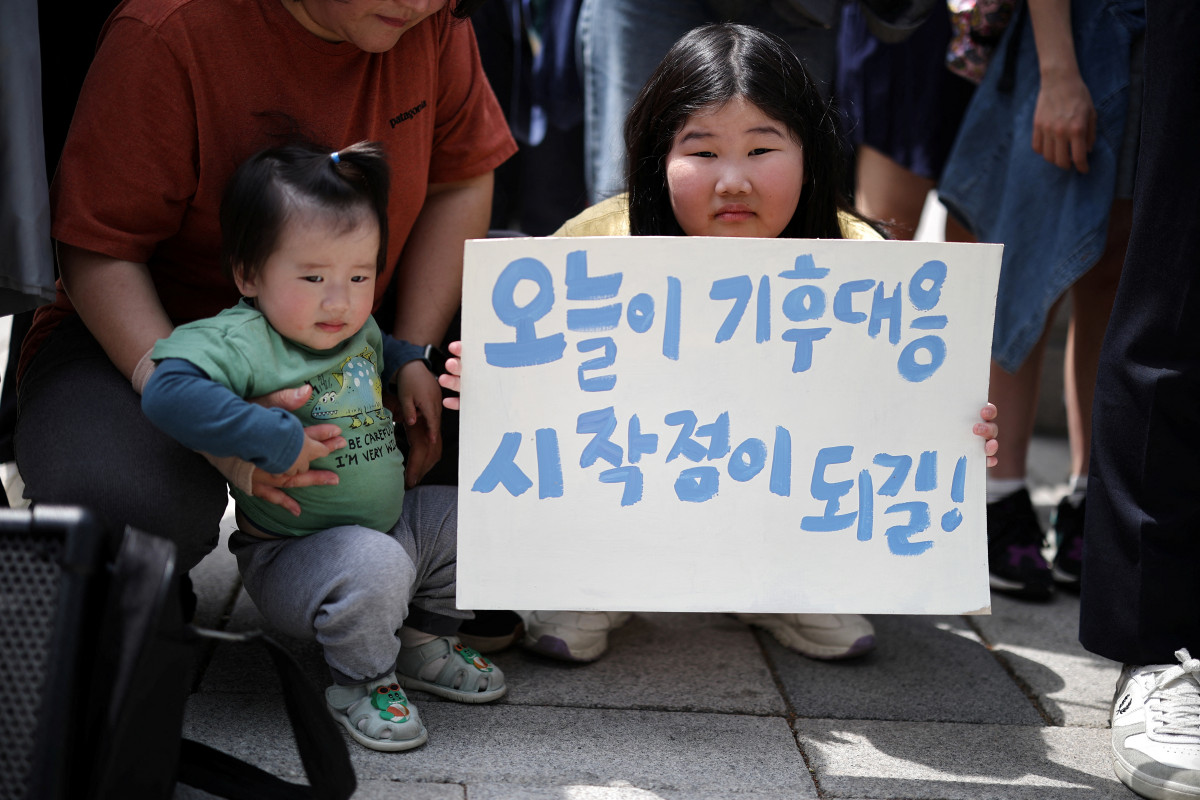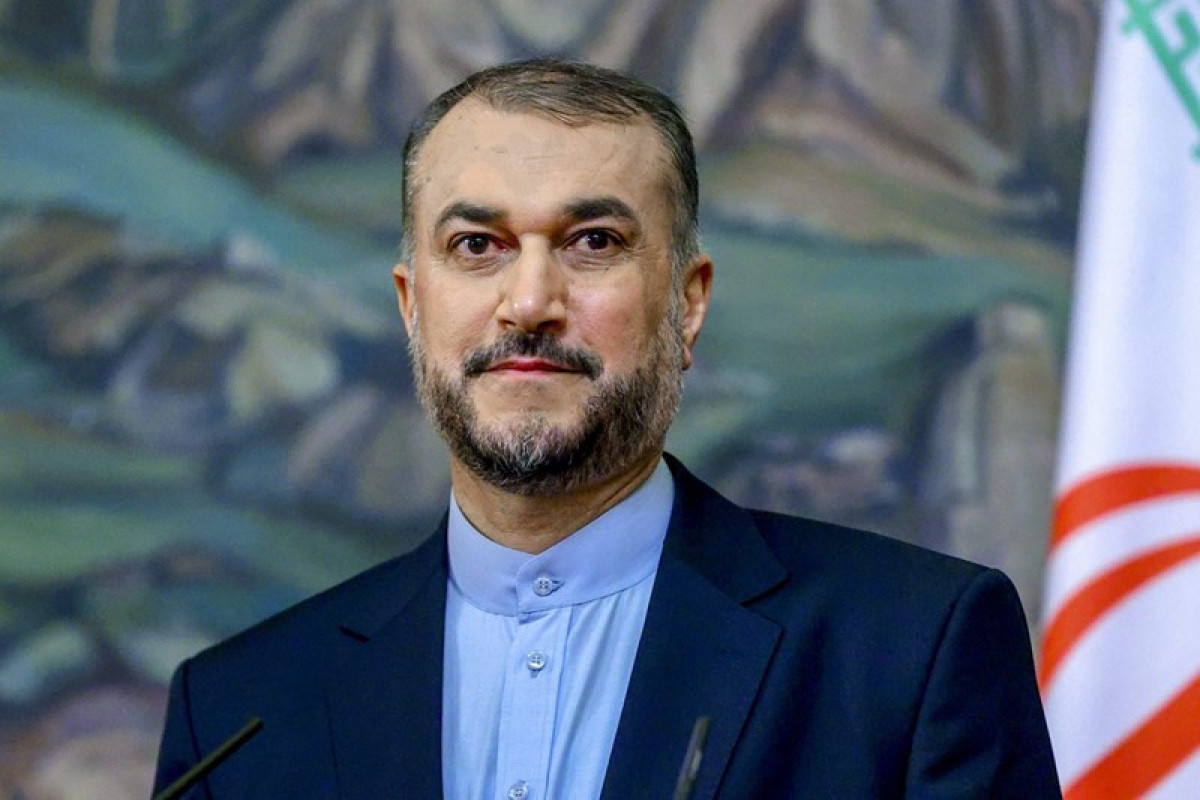Baku-APA. Iranians will demand their government spend a windfall from the lifting of economic sanctions on improving the quality of life at home, limiting the degree to which a future nuclear deal could fund Tehran's allies on Middle East battlefields, APA reports quoting Reuters.
Since 2012, Iran has given support worth billions of dollars to regional allies, funding and arming mainly fellow Shi'ite Muslims in conflicts that have taken on a sectarian dimension. Its enemies say lifting sanctions will provide it with the means to do even more.
Within months of financial sanctions being lifted, Iran will be able to collect debts from overseas banks that may exceed $100 billion, mostly from oil importers whose payments have been blocked, diplomats and analysts said.
But with the budget strained by last year's heavy fall in oil prices, and public expectations of improved socio-economic conditions in the event of a deal, the authorities will face pressure to invest new funds at home.
"The idea that Iran is going to have its pockets full of cash that it can use for discretionary purposes, I think is exaggerated," Charles Hollis, managing director for the Middle East at FTI Consulting, said.
Infrastructure in the vital oil sector has fallen into disrepair during years of mismanagement and isolation, and the oil ministry has lobbied for huge cash injections that will be necessary to bring production back to pre-sanctions levels.
Deputy oil minister Mansour Moazzami said in February that the oil industry needed $30 billion of investment a year in order to maintain production and develop new projects, in comments carried by the ministry's news agency Shana.
Iranian officials have not speculated in public about how much money they might receive from a nuclear deal, or how it would be distributed.
Analysts said any cash windfall would probably be deposited initially in the Central Bank of Iran (CBI), making it relatively difficult for the Islamic Republic's secretive security officials to spirit it away to foreign battlefields.
"As soon as there is a sense that the money is there, every government department is going to start looking for flows," said David Butter, a Middle East economic analyst and associate fellow at Chatham House.
The establishment will also face pressure from Iran's large and vocal middle class, which turned out in force to elect President Hassan Rouhani in 2013, hoping his agenda of better management at home and pragmatic diplomacy abroad could improve their economic fortunes.
"I have to support a family of four. I don't have time to think about politics or the nuclear issue. What people like me need is an improved economy," said teacher Gholamreza Behrad in Tehran.
"Hopefully it will happen when the sanctions are lifted."







